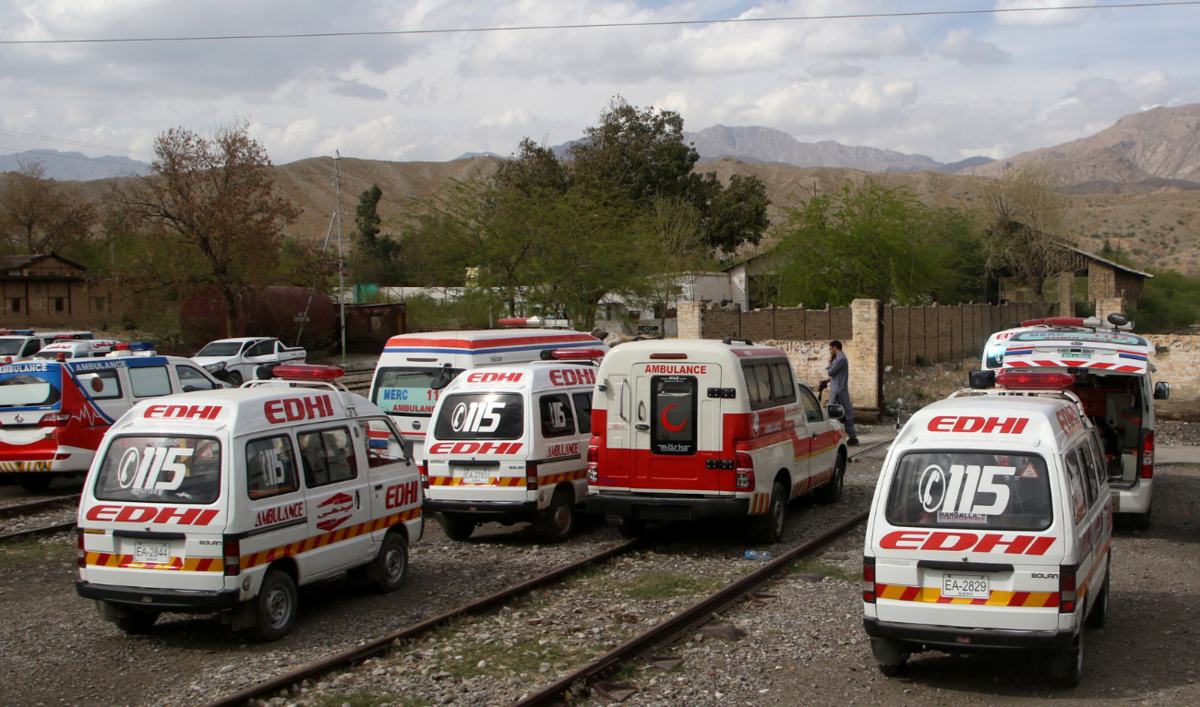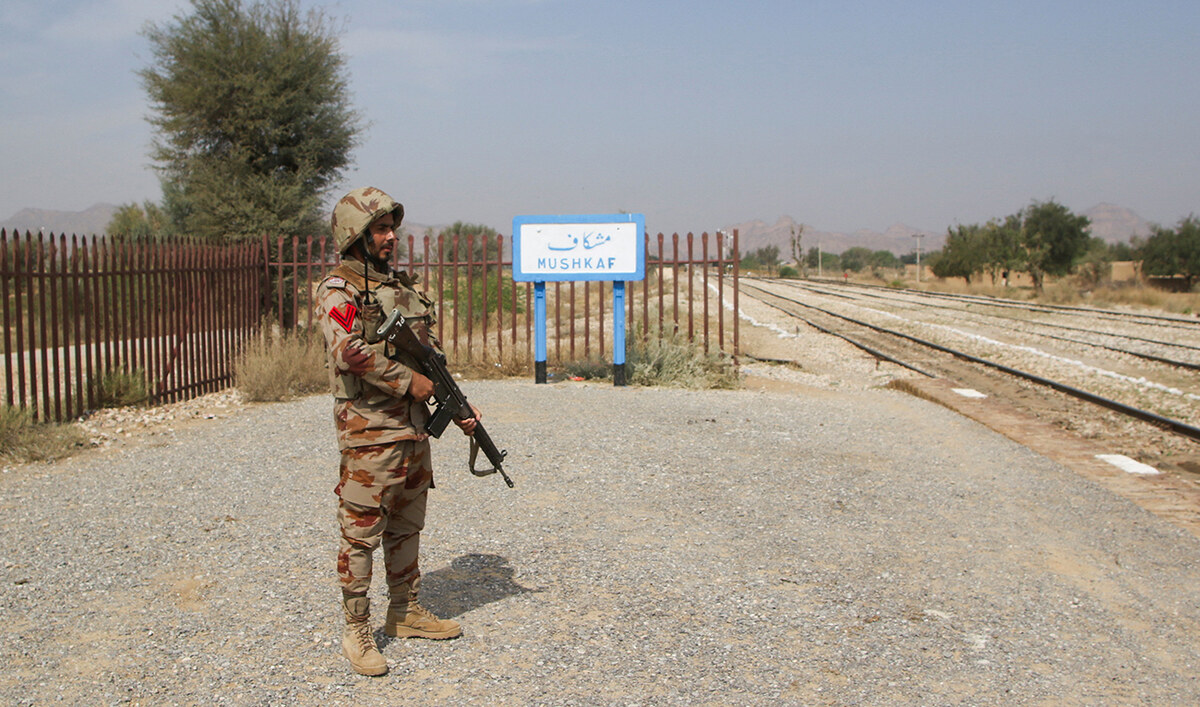ISLAMABAD: Pakistan’s top court on Monday shut the door to any delay in general elections, as it ruled against changes to constituency boundaries while hearing a petition challenging the delimitation process in the southwestern Balochistan province.
The Election Commission of Pakistan on Friday issued the schedule for general elections on Feb. 8 after instructions from the Supreme Court following weeks of widespread speculation that polls could be delayed.
Elections in the politically and economically troubled South Asian nation were due to be held in November but were delayed due to fresh demarcation of constituencies under a new census.
On Monday, a three-member bench of the top court took up an appeal filed by the ECP against a ruling by the Balochistan High Court (BHC) to change the delimitation of two provincial seats in Quetta.
“Removing further impediments in the path of the February 8 polls, the Supreme Court (SC) on Monday ruled that objections could not be raised to the delimitation of constituencies once the election schedule was released,” Pakistan’s English-language news website Dawn said in a report. Other Pakistani media also widely reported on the court’s remarks.
“Challenges to constituencies have all been rendered ineffective after the release of the election schedule,” Dawn quoted Justice Mansoor Ali Shah, who is part of the bench, as saying. “We have to draw a line and set a limit … Let polls take place.”
Justice Athar Minallah, also on the bench, said everything else “comes to a halt” once the election schedule was released, adding that the ECP’s job now was to ensure fair polls on Feb. 8.
The court declared the BHC’s decision null and void and wrapped up the petition.
A caretaker government under interim Prime Minister Anwaar-ul-Haq Kakar is running the country until the national election is held and a winning party can secure a parliamentary majority and select a new prime minister.
As it stands, questions surround the legitimacy of the election, whenever it is held, as former prime minister Imran Khan, the main opposition leader and arguably the country’s most popular politician, cannot fight this election.
Khan is currently jailed for three years after being convicted on graft charges and is barred from contesting any elections for five years.
His party, the Pakistan Tehreek-e-Insaf (PTI), won the last general election in 2018, and he became prime minister until his ouster in a no-confidence vote in parliament in 2022.























